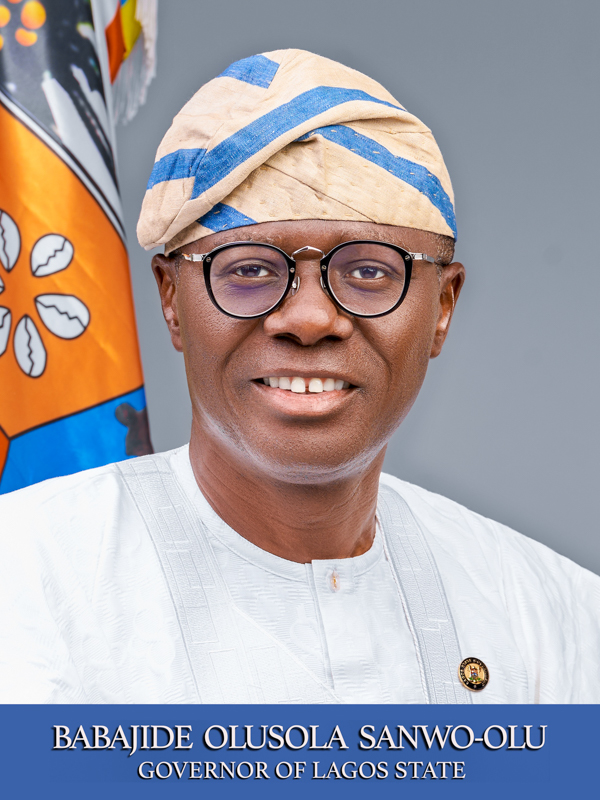
Lagos State’s total debt burden has ballooned by 33%, climbing to a staggering ₦2.9 trillion, largely driven by the impact of foreign exchange devaluation. Fresh data from the Debt Management Office (DMO) reveals that the currency slump has sharply inflated the state’s external obligations, raising concerns about fiscal sustainability in Nigeria’s commercial capital as it grapples with rising repayment costs and dwindling revenue buffers.
However, the impact of the increased debt was absorbed by the strong earnings performance, supporting firmer leverage metrics.
Net debt to recurrent income strengthened to 1.21x (2023: 1.70x), free cash flow coverage of gross debt increased to 46% (2023: 25%) and net interest coverage improved to 9.3x in 2024, compare to 5.2x in 2023, according to data from ratings agency GCR.
Lagos State has increasingly relied on borrowings to finance infrastructural development, leveraging its access to local and international financiers, as well as the Nigerian capital market.
About 69% of Lagos State gross debt is foreign currency denominated, meaning FX exposure is a major risk.
In addition, the state is also exposed to interest rate risk from bank loans, but this is somewhat moderated by the long-standing funding relationships with the banks.
Lagos State expects to borrow N300 billion in new debt in the near term, and the proceeds are to be used to partly fund ongoing capital projects.
Lagos State’s existing bonds comprise series 2 (tranches II and IV), series 3 and series 4 issued under the NGN500 billion bond issuance programme 3 as well as series I fixed rate bonds and series II forward-ijarah sukuk under its NGN1 trillion hybrid bond issuance programme 4.
Lagos State is Nigeria’s commercial and economic hub, with a diverse and robust internal economy contributing about 20% of the national GDP.
The state’s economic landscape is dominated by a buoyant services industry accounting for about 90% of economic output.
The strong economic base has positioned the state as the top investment destination in Nigeria, with higher wealth levels as indicated by GDP per capital trending above the national average.




What I really liked is how easy this was to follow. Even for someone who’s not super tech-savvy, it made perfect sense.
swtai1
https://t.me/s/Official_1win_kanal/1730
iwin – nền tảng game bài đổi thưởng uy tín, nơi bạn có thể thử vận may và tận hưởng nhiều tựa game hấp
iwin – nền tảng game bài đổi thưởng uy tín, nơi bạn có thể thử vận may và tận hưởng nhiều tựa game hấp
搭载智能站群程序,自动化搭建与管理,为SEO项目提供核心驱动力。站群程序
Với giao diện mượt mà và ưu đãi hấp dẫn, MM88 là lựa chọn lý tưởng cho các tín đồ giải trí trực tuyến.
搭载智能站群程序,自动化搭建与管理,为SEO项目提供核心驱动力。站群程序
Với giao diện mượt mà và ưu đãi hấp dẫn, MM88 là lựa chọn lý tưởng cho các tín đồ giải trí trực tuyến.
Với giao diện mượt mà và ưu đãi hấp dẫn, MM88 là lựa chọn lý tưởng cho các tín đồ giải trí trực tuyến.
Khám phá thế giới giải trí trực tuyến đỉnh cao tại MM88, nơi mang đến những trải nghiệm cá cược thể thao và casino sống động.
Tham gia cộng đồng game thủ tại Go88 để trải nghiệm các trò chơi bài, poker phổ biến nhất hiện nay.
Khám phá thế giới giải trí trực tuyến đỉnh cao tại MM88, nơi mang đến những trải nghiệm cá cược thể thao và casino sống động.